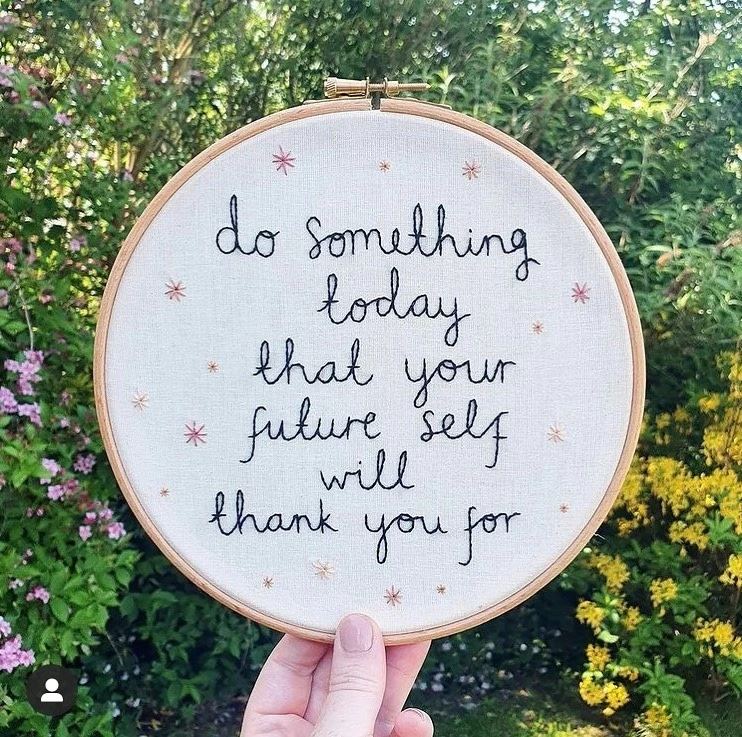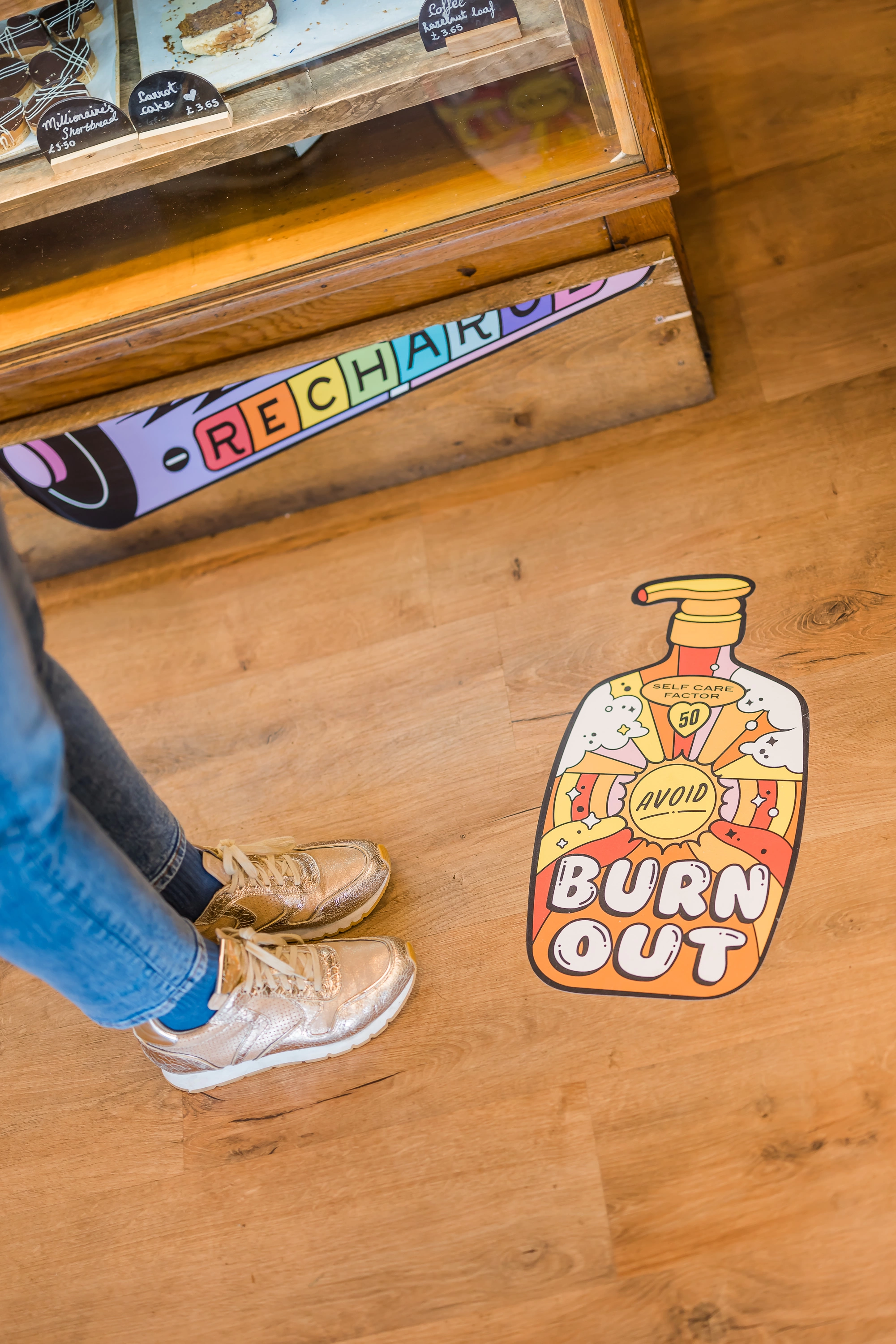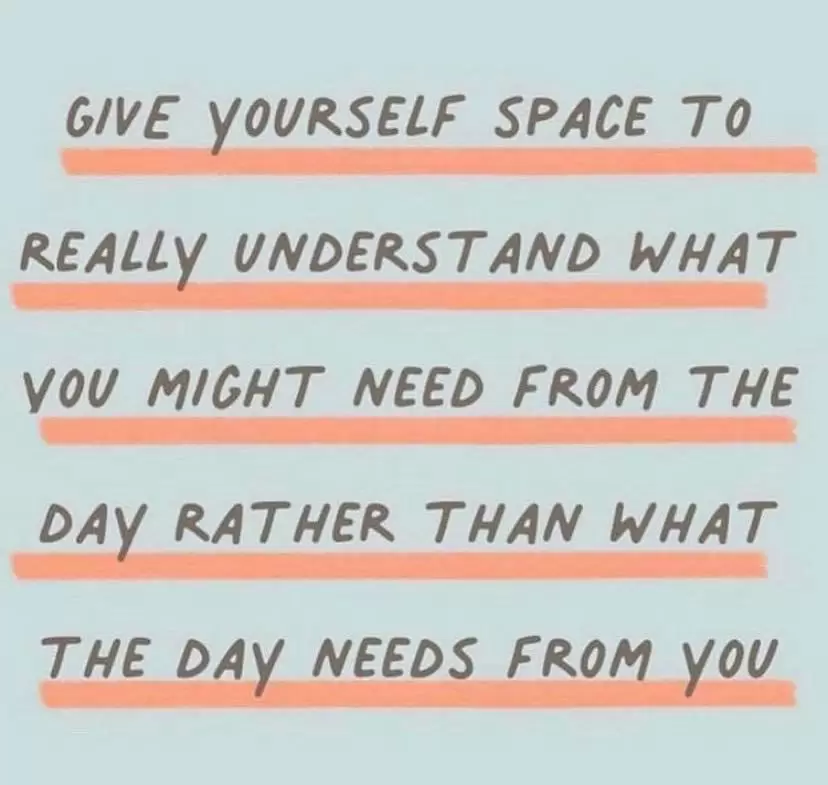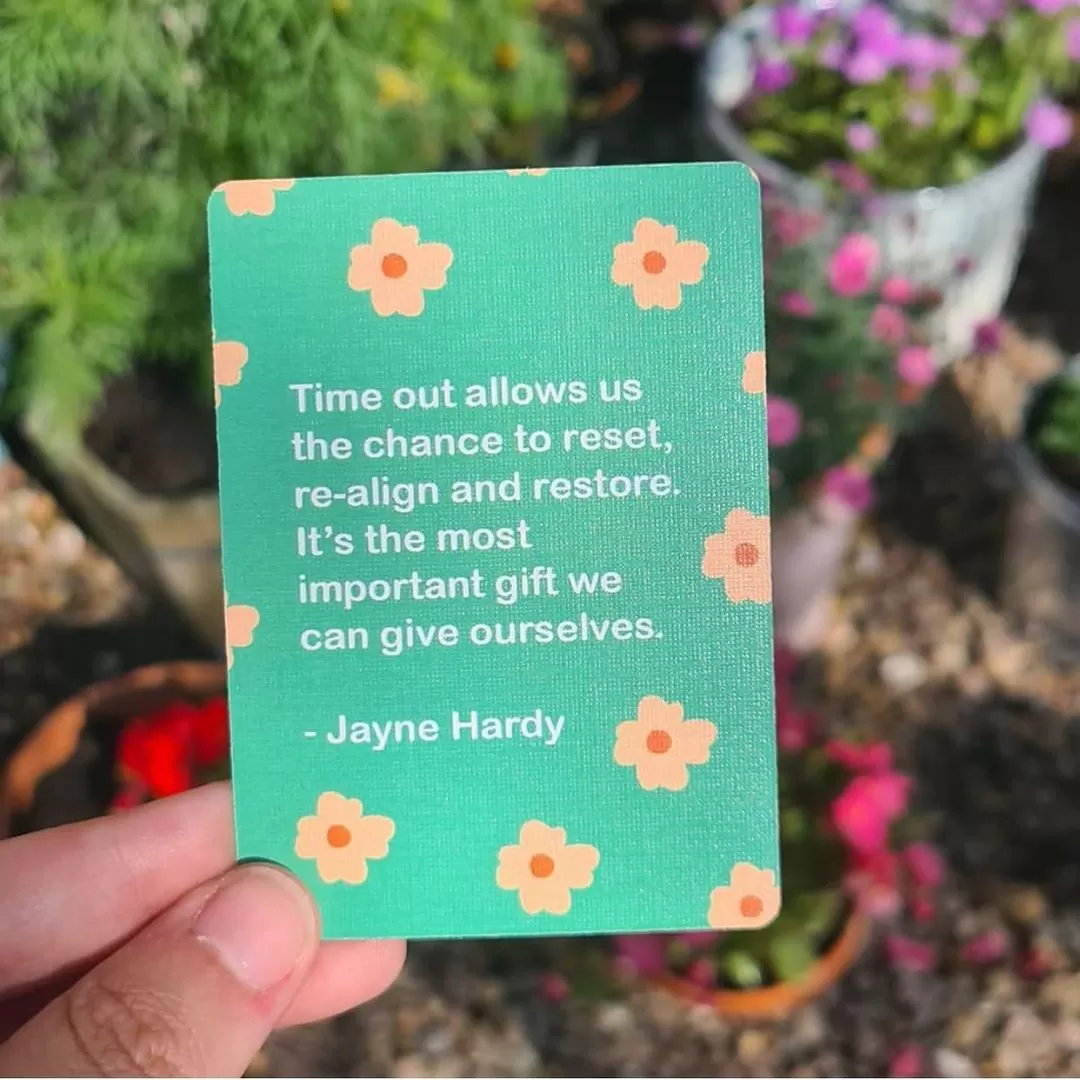

Self-care tips for small business owners
UPDATED 25TH AUGUST 2023
Self-care is vital for small business owners if you want to run a healthy business as you are the Duracell battery that powers it all. But how do entrepreneurs take care of themselves? Read the brilliant self-care tips from an expert at The Blurt Foundation…

Self-care for founders? Meet the Blurt Foundation’s Jayne Hardy
When you’re running a business doing what you love, work-life balance blurs and it can be easy to forget to look after the lifeblood of your business — YOU. But you can’t pour from an empty cup. If you’re not taking care of yourself as a founder, you won’t be able to support and care for your business to the best of your ability.
Jayne Hardy is the founder of The Blurt Foundation, a social enterprise dedicated to helping those affected by depression. She has also written three books: 'The Self Care Project', 'Making Space': Creating Boundaries in an Ever-encroaching World' and 'Kind Words for Unkind Days: A Guide to Surviving and Thriving in Difficult Times'. She founded Blurt after suffering from depression throughout her twenties, as a way to connect people with shared experiences, raise awareness and to provide tools and knowledge to help proactive recovery — challenging the stigma that prevents people reaching out for help. Back in 2020, we interviewed Jayne to find out her top self-care tips for entrepreneurs, which are just as relevant today (or if you’re super short on time, try our quick article. ‘Feeling stressed? 3 small tips for stress relief’).
Self-care can start small: why Jayne set up The Blurt Foundation
Being officially diagnosed with depression at 24 but admitting she was struggling for some time before that, Jayne was signed off work and retreated into herself until it reached a head. She said, “It was when I was approaching 30 and struggling with suicidal thoughts that I kind of thought, I mean, I’m going to do it. I can just go ahead with that. Or I’m going to have to make a change because I didn’t want to lose my thirties in the same way as my twenties had gone. My husband Dom and I decided that we were going to try and make changes. So we just did what I know now to be self care. We just started doing some of that really gradually. And I started getting a bit stronger.”
At this point, Jane rediscovered a childhood love of writing which led to creating a beauty blog. “I thought that if I had to write about these things, I had to then use them, and so it was my way of tricking myself into taking care of myself, just brushing my hair, or using some of the products.” Over time, she realised what she really wanted to write about was her experience with depression and this is when things clicked and the idea for Blurt began to form. Jayne adds, “Dom used to say to me, ‘Just blurt it out. Whatever’s going on in your head, just blurt it out and we’ll work and muddle through it.’ And then it was just the joining of those two things really, that came to be Blurt.” So how can we figure out what works for us as founders, and build our own self-care mechanisms?
When you’re running a business doing what you love, work/life balance blurs and it can be easy to forget to look after the lifeblood of your business — YOU. But you can’t pour from an empty cup.
What are the basics of self-care? Different founders have different needs
Jayne says, “Giving out generic advice for those who are struggling is so difficult, because everybody’s experience is so layered and so different and we must never compare our experiences with those of someone else.” This is why we try and highlight the different paths people have trodden in our business advice articles.
Taking it back to the basics of self-care though, Jayne recommends that we lean into the things that bring us comfort, warmth, and joy. “Self-care can be just the littlest anchors in your day; making sure you’re getting enough to drink; prioritising sleep — a lot of magical things happen when we’re sleeping! And get some sunlight if you can, because the symptoms of being deficient in Vitamin D can mirror the symptoms of depression.”
But Jayne also acknowledges that sometimes it’s much more than painting your nails or doing a face mask, it’s about understanding that you can’t necessarily help somebody else and that there might be things that are negatively impacting your life that you’ve got to be aware of, in order to care for yourself.
Self-care for entrepreneurs isn’t always easy
Jayne says, “I think the most important fundamentals of self-care aren’t always the things that feel nice doing them, they’re sometimes the things that feel great once you’ve done them. So I always just think, ‘What is future-me going to thank now-me for?’, especially in business.”
This feels especially relevant for small business owners, who love what they do and can fall into the trap of working 24/7, simply because it doesn’t feel like work and every corner of their business consumes them. But just because you love it doesn’t mean it’s not doing you any harm.

Work boundaries, for me, are the toughest ones, because my job’s fulfilling. I’m really passionate about what I do, really committed, and sometimes that can lead to burn out… So I have to create boundaries and rules almost around when I’m working, where I’m working and how I’m working.

She adds, “Work boundaries, for me, are the toughest ones, because my job’s fulfilling. I'm really passionate about what I do, really committed, and sometimes that can lead to burn out… You can still get burnt out when you’re excited about something, as much as you can if you’ve got a job that you don’t like. So I have to create boundaries and rules almost around when I’m working, where I’m working and how I’m working.”
A final tip for founders: it’s important to take time out when needed
Don’t be afraid to get your friends and family involved — we all need each other’s support to keep on top of things sometimes. “I think it’s about working as a team, not just us as individuals. It’s about checking in to see how everyone’s feeling to make space for what everybody needs.”
Jayne also recommends having open and honest conversations with those around you. They can help you practise self-care and you can help them too. If you know you will just keep going unless someone stops you, ask them to interrupt you for a cup of tea or a walk, or to remind you of the things you need to do they know you’ll be avoiding.
Self-care tips for small business owners: key takeaways…
Try to remind yourself about the following three points regularly.
1. Think of your future self:
Self-care might not always be the things that make you feel good in the moment, but that you will really thank yourself for later. Ask yourself, ‘What will future-me thank now-me for?’ and do those things.
2. Set boundaries to prevent burnout:
Just because you love what you do doesn’t mean you don’t need boundaries — you can still get burnout when you’re doing something you love!
3. Take good care of yourself. Go back to basics:
Make sure you get enough sleep, water, free time and sunshine.
4. Explore self-care (remember, it takes a village):
Don’t try to do it alone. Friends and family are there to help you, and you can help them, too.
Images: 'Do Something Today Your Future Self Will Thank You For’ embroidery hoop — by Junk and Glitter, 'Avoid Burn Out' lotion — by Liz Harry Designs.
Related content
MORE ARTICLES ON MENTAL WELLBEING


How to stay creative and resourceful under pressure

Closing your business: the emotional effects and how to let go with love

